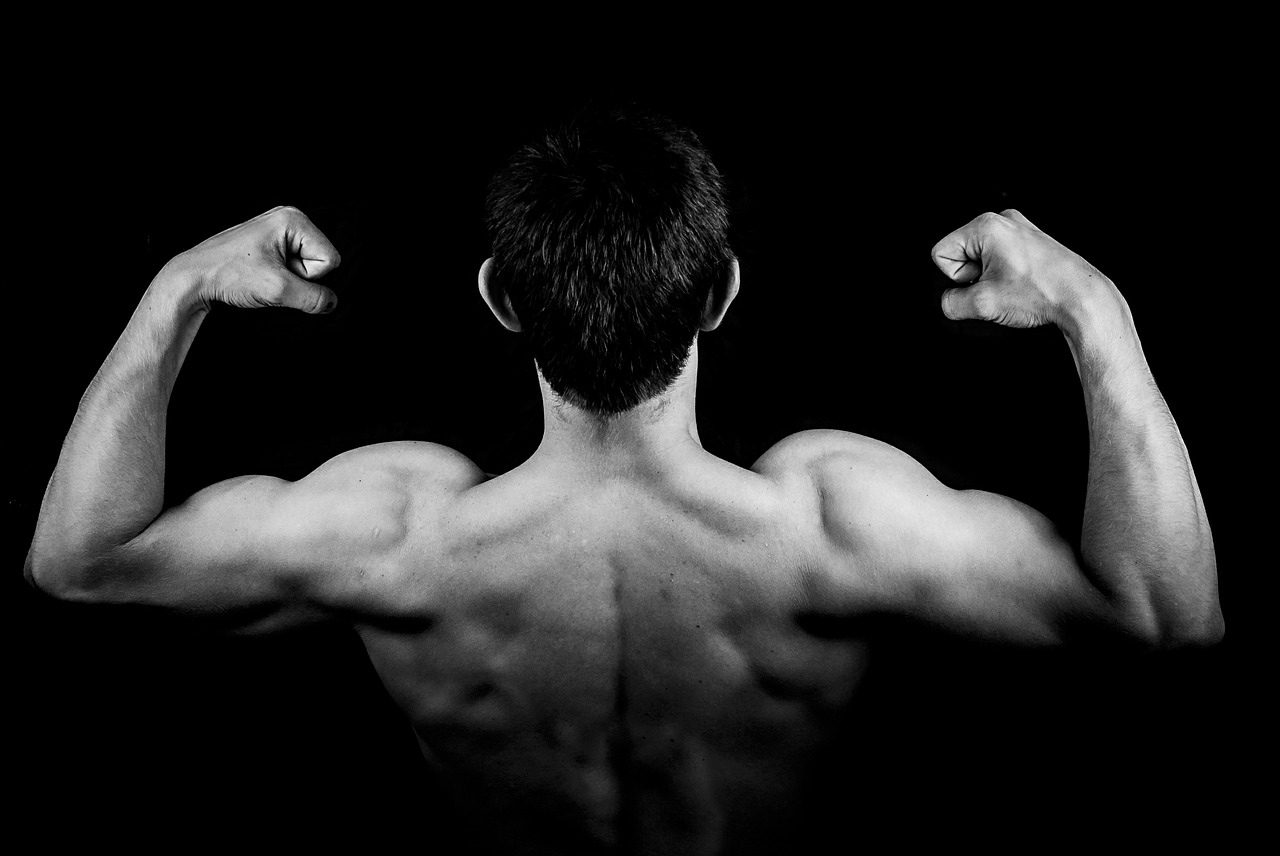The Media’s Impact on Men

Every day we are bombarded by the media with the latest fashion, diet, and exercise trends. While they may seem like diverse topics, they are all united by one common theme: body image.
Whether that includes how to dress, what to eat, or how to work out the most efficiently, they all are focused on how to look good. The usual target audience for this type of marketing is women.
Some might wonder, however, what about the men? Surely, they must also have to deal with these problems and the pressure they bring. Or do they?
“I don’t think men have the same pressures from the media as women … however, the way men are portrayed on [magazine] covers are also exaggerated,” Allison Winter ’16 said. “These outrageous portrayals of ideal body type contribute to … poor self- image and self-confidence.”
The problems the media creates with body image are one of the main contributions to the creation and enforcement of stereotypes. Clearly, it is no surprise that these stereotypes exist for both genders. Women are expected to be sensitive, delicate, and dainty, while men, stereotypically, are supposed to be strong, tough, and fearless.
“I think men are often expected to be big macho guys who live in the gym. That’s just not how lots of us are,” said Ben Ludgin ’18. While men face stereotypes that are reinforced every day by media, similar stereotypes for women are not.
Why is this the case? “Generally speaking, there is still asymmetry between how masculine men and feminine women are expected to portray themselves … and there is less of a backlash or negative reinforcement on men,” said Professor Ryan Cook, lecturer in the Department of Sociology and Anthropology. If society holds men less accountable for upholding these stereotypes, this could be why the pressures put on women by media appear to be greater.
“Men have not had anybody comparable to…let’s say feminists… bringing awareness of, and pushing back against, the kind of gender stereotypes and gender asymmetries in all aspects of life…. and in the kind of training we [men] get, to inhabit a certain kind of gender identity there is a lot of emphasis… in deemphasizing some things and not talking about some things…but it is there,” Cook said.
Perhaps if men had activists, like women have in feminists, then the exaggerated portrayal of men in social media would be called out and corrected more often. This could help reshape social media to abandon negative stereotypes.
In the future we can only hope that the stereotypes for both women and men begin to disappear from social media. Whether this happens or not, the real message to take away from this is: just because an issue is not initially apparent, that doesn’t mean it isn’t there.
